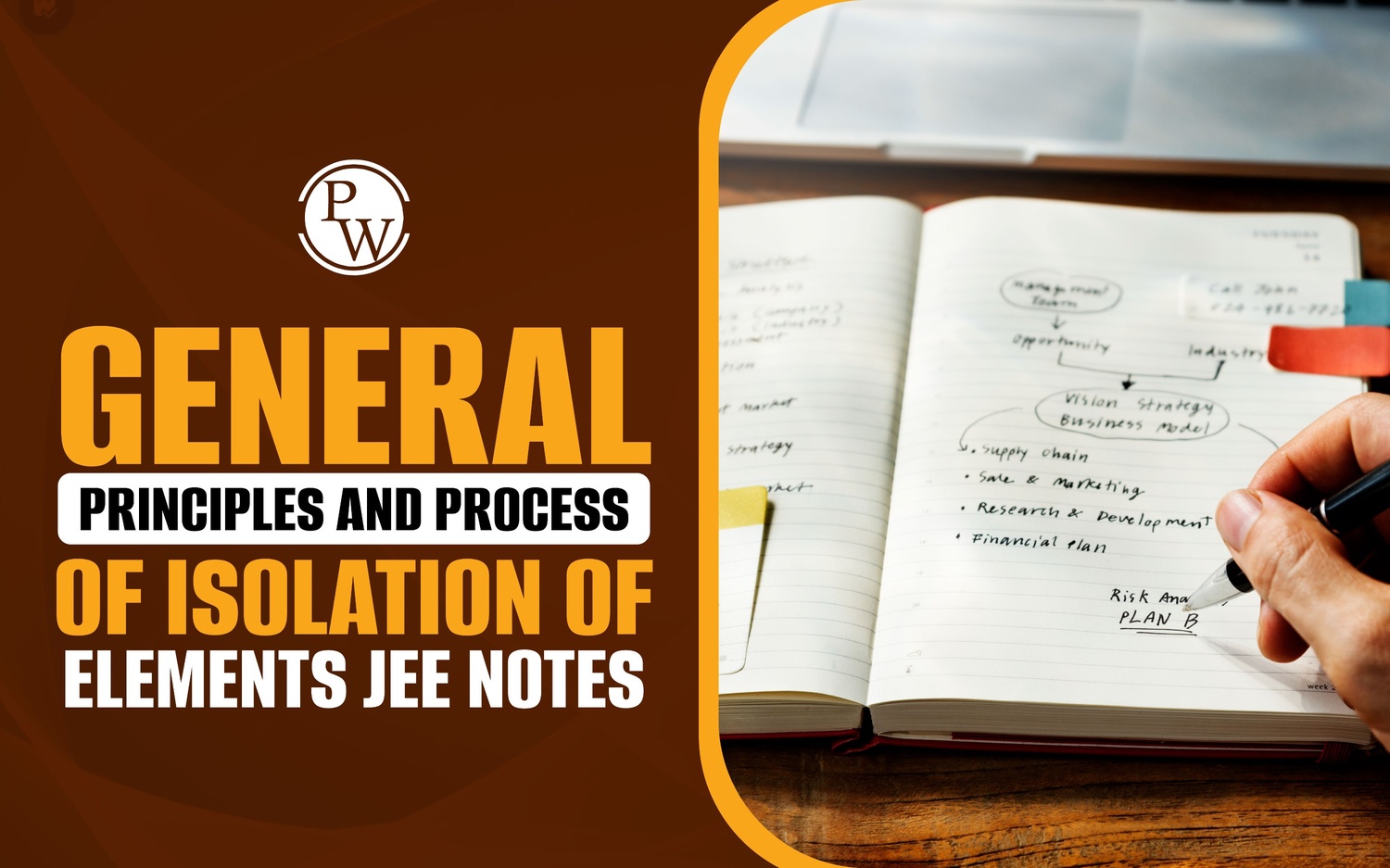

As the Joint Entrance Examination (JEE) draws closer, it’s common for students to feel rising anxiety. Many aspirants, especially those enrolled in structured courses like PW’s Manzil batch, find themselves thinking about whether they’ve covered everything or if their hard work will reflect in the final result. These thoughts are completely natural — they show that you care about your preparation and your goals.
The Manzil batch by PW is designed to help students navigate this crucial phase with consistent guidance and a revision-focused approach. It brings together those who are determined to refine their concepts, strengthen their weak areas, and approach JEE with calm confidence. Still, even with a well-structured study plan, exam-time anxiety can arise — and managing it effectively becomes just as important as academic preparation.
Understanding Exam Anxiety
Feeling nervous before an exam is normal. What matters is how you handle that anxiety. Excessive overthinking can negatively impact your performance. Students often spend months preparing thoroughly but lose focus in the final phase due to stress. The key is to manage your thoughts rather than let them control you.
Whenever negative thoughts arise — like “What if my paper doesn’t go well?” — counter them with logic: “If I’ve prepared well, why should it go wrong?” Identify weaker areas and focus your energy on improving them instead of worrying endlessly.
Avoid Overthinking and Stay Calm
Mild stress is helpful; it keeps you alert. But extreme stress can make you blank during the exam. To prevent this, practice short mental conditioning sessions — spend 5–10 minutes each day reinforcing positive thoughts and recalling your preparation journey.
The Right Approach to the First JEE Attempt
Your first JEE (Main) attempt should be seen as a learning opportunity — a “free hit.” Stay relaxed and focus on revising what you already know. Even if a few chapters are left incomplete, it’s not a major issue. The goal is not perfection but consistent improvement.
Students in Class 12 often face additional pressure because their pre-board and board exams coincide with JEE preparation. Recognizing this, those who have already completed their syllabus or are revising are in a relatively better position.
Keep Your Study Flow Intact
Many students consider switching entirely to “one-shot” revision lectures near the exam. However, this approach may disrupt your preparation rhythm. The structured, step-by-step learning process you’ve followed throughout the year builds depth and discipline — breaking that flow can reduce efficiency.
Instead, use revision sessions strategically. Watch revision lectures or live sessions to strengthen concepts, practice timed problem-solving, and focus on accuracy. Always use a timer while solving questions to simulate real exam conditions. Remember, solving within time limits is more important than solving every single problem.
Using Online Resources Effectively
Programs like Manzil are designed to support students in revising systematically. They are especially helpful for learners managing backlogs or those seeking a consolidated review before the exam. However, if you are already on a steady preparation path, it’s better to continue with your current batch and use such resources as supplements rather than replacements.
Final Thoughts
As the exam date nears, focus on maintaining calm, confidence, and clarity. The right mindset can make all the difference. Don’t let temporary anxiety overshadow months of hard work. Trust your preparation, revise smartly, and approach JEE with a positive attitude.
Also read: How to Use PW’s OTT Platform ‘Pi’: Step-by-Step Guide









